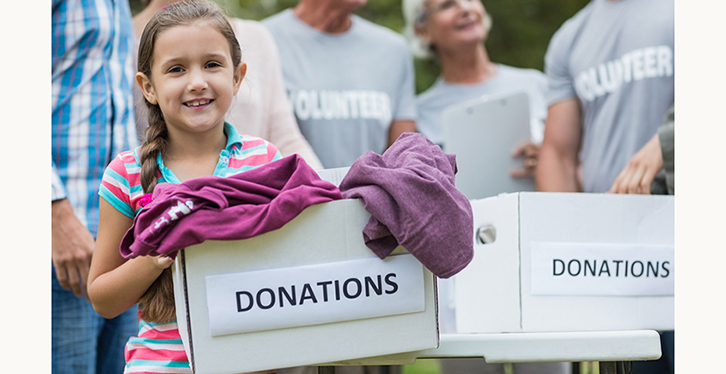4 Tips to Develop Organization Skills in Children

04 Dec 2015
4 Tips to Develop Strong Organization Skills in Children
 When we at Organizing Boston ask our clients to tell us their main inspiration for wanting to de-clutter and organize their home, we’ll get a similar answer from most parents: that they’re worried about the effects a disorganized home may have on their children’s future habits.
When we at Organizing Boston ask our clients to tell us their main inspiration for wanting to de-clutter and organize their home, we’ll get a similar answer from most parents: that they’re worried about the effects a disorganized home may have on their children’s future habits.
The good news for them and anyone else with the same concerns: even if you’re no expert organizer yourself, it’s relatively easy to instill good habits in your children through simple games and tasks that will help teach them to appreciate and practice order, both now and later in life. Watching your children learn and grow to independently practice these skills can provide inspiration to hold yourself up as an organizing example, too.
Though there are many ways to go about teaching children good organizational habits, we’ve listed just a few of our favorites here. As always, we encourage our readers to chime in with their own tried-and-true organizational tips and tricks in the comments section!
1. Assign tasks that involve thinking organizationally. Sorting laundry, putting groceries away, re-organizing a closet: all of these chores require the ability to think logically about the best means of completing a task.
Allowing children free reign to decide how to best go about the activity (with supervision for the younger ones, of course) can help foster their habit of thinking in organizational ways; gently correcting or making suggestions on the best way to proceed can provide direction to children for whom this way of thinking does not come naturally.
Making a game of these tasks – setting a reasonable time limit for their completion, for example, and making it a “race” – can help children learn to think on their feet about completing chores both efficiently and correctly.
2. Brainstorm checklists together. The simple act of introducing kids to the idea of strategizing prior to starting a task can set the tone for their future habits. Everyone loves crossing off a line on their to-do checklist – kids included – and teaching your little ones to feel rewarded once they’ve completed a chore is a great way to encourage time management.
Try starting with simple lists – “School Supplies I Need at Target” or “4 Things to Do Before Bedtime” – and work with your children to plan out the best way to accomplish these tasks in the amount of time they have to do them.
3. Make Organizing Fun. Using personalized corkboards, fun storage containers, and other items your child had a hand in crafting or choosing will make the process “theirs.” It’s no secret that children often challenge parents’ rules to assert their independence, but keeping their rooms in order can become something they associate with their own time, rather than an assigned task, if they enjoy seeing their surroundings “just so” and appreciate the space they’ve created.
4. Reward good organization. If your child masters the organizational tasks you give them, reward their efforts! Keeping the rewards organization-themed can help encourage future behavior; room decorations or materials that will help them continue their good habits, such as day planners or fun homework supplies, are great options.
